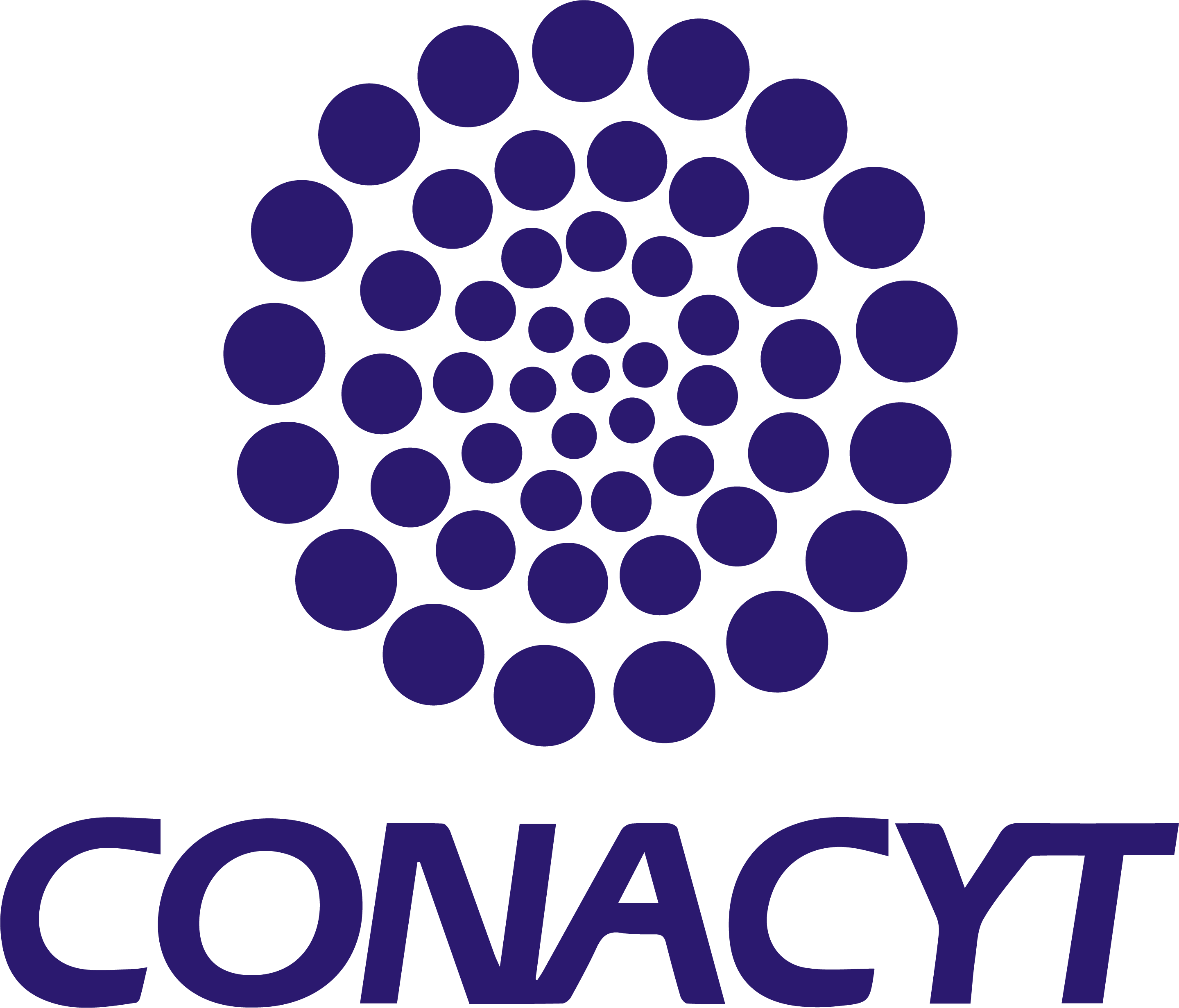Societal responses to crime and violence in Mexico: the case of Michoacán
This three-year project investigated societal responses to violence in Michoacán, Mexico. This is a state with high homicide rates and widespread impunity. Violence in Michoacán has produced thousands of victims, either by forced disappearance, kidnapping, torture, or sexual violence, suggesting a wider repertoire of violence than is captured solely by data on homicide rates. At the same time, state capacity and response measures have proved ineffective in providing basic safety and security for citizens of Michoacán.
Drawing on ethnographic methods, the project has examined different societal responses to high levels of insecurity, and crime-related violence. Societal responses have ranged from organising local councils to enhance community voice and agency on defining security challenges, legal mobilisation, using art and culture to make visible different experiences of violence, to providing basic protection through self-defence groups, among others.
The experience of Michoacán is relevant to the wider discussion on how societies develop response capabilities to address extreme experiences of violence. This is relevant both for contexts affected by high levels of crime-related violence and conflict-related violence.
The project was conducted through a research partnership including the University of Aberdeen, El Colegio de Michoacán, the Centro de Investigación y Docencia Económicas (CIDE) and the Overseas Development Institute. All the outputs for the project can be found with the Centre for Citizenship, Civil Society and Rule of Law at the University of Aberdeen. This project was financed by the Economic and Social Research Council in agreement with the Mexican research council, CONACyT.
Staff
-
Pilar Domingo
Senior Research Fellow
Partners
-
University of Aberdeen

-
El Colegio de Michoacán

-
Centro de Investigación y Docencia Económicas (CIDE)


